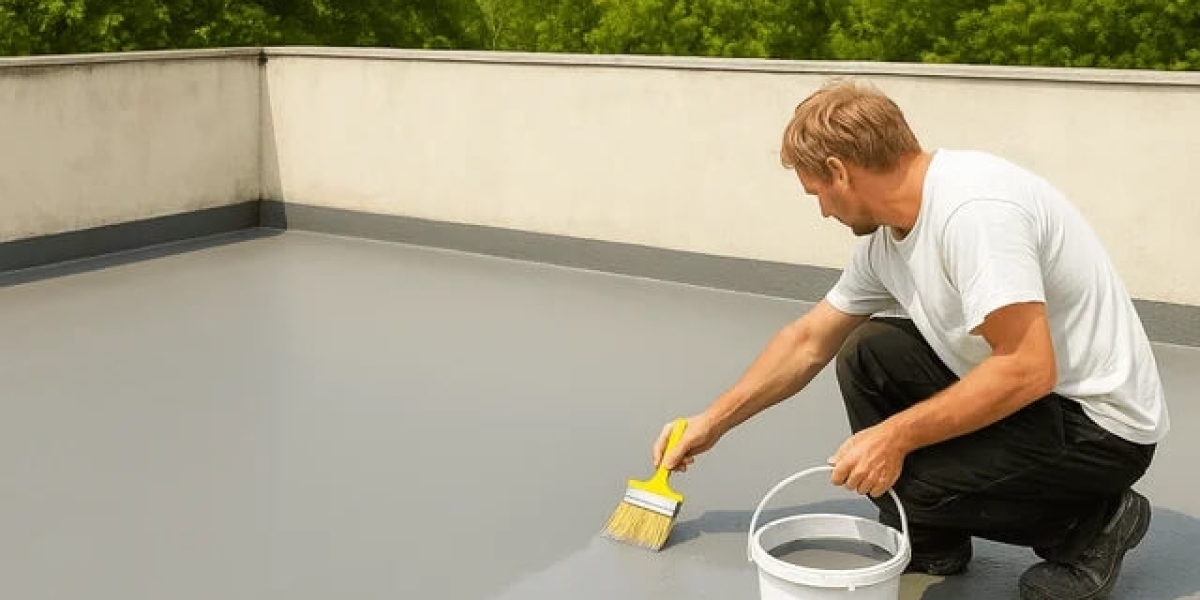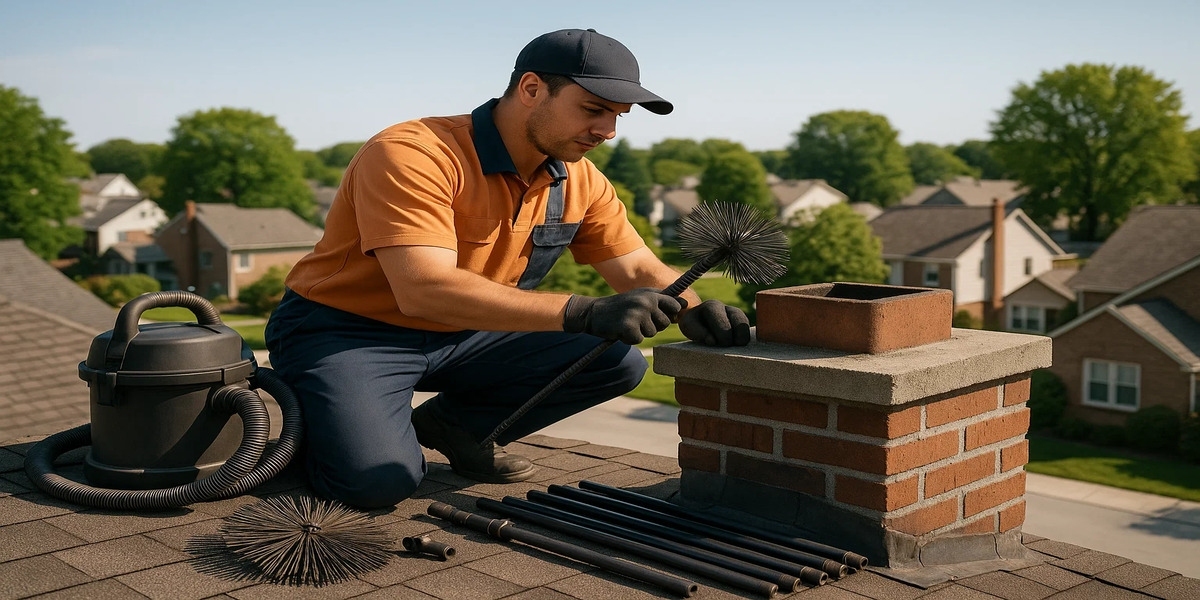Basement waterproofing services are essential for every homeowner who wants to protect their property from water damage, mold growth, and structural issues. Choosing the right service can feel overwhelming with so many options available. In this comprehensive guide, we’ll walk you through everything you need to know—from understanding the basics to selecting a trusted professional—so your basement remains dry, safe, and durable for years to come.
Why Basement Waterproofing Is Crucial
Basements are notoriously vulnerable to moisture intrusion. Water can seep through foundation walls, floors, and even cracks that aren’t visible to the naked eye. Ignoring these issues can lead to serious consequences:
Structural damage: Persistent moisture can weaken concrete and foundation walls.
Mold and mildew: A damp environment is a breeding ground for fungi that affect health.
Property damage: Furniture, electronics, and stored belongings can be ruined.
Reduced home value: Water problems decrease your property’s market appeal.
By investing in proper basement waterproofing, homeowners not only protect their property but also ensure a safer living environment.
Types of Basement Waterproofing Services
Not all basement waterproofing solutions are the same. Understanding your options helps you make an informed decision:
1. Interior Waterproofing
Interior waterproofing focuses on preventing water from entering your basement and safely directing it away. Techniques include:
French Drains: Installed along the perimeter to redirect water to a sump pump.
Sump Pumps: Automatically pump out water collected in low-lying areas.
Sealants and Coatings: Apply waterproof paint or epoxy to walls and floors.
2. Exterior Waterproofing
Exterior waterproofing targets the source of water before it penetrates your basement. This method is more invasive but highly effective:
Excavation: Removing soil around the foundation to apply waterproof membranes.
Drainage Systems: Installing exterior drains to channel water away.
Protective Coatings: Applying liquid or sheet membranes to foundation walls.
3. Foundation Crack Repair
Small cracks can allow water to seep in and grow over time. Repairing them is crucial:
Epoxy Injections: Seal structural cracks permanently.
Polyurethane Foam: Expands to fill voids and prevent water intrusion.
Signs You Need Basement Waterproofing
Identifying early warning signs can save thousands in repair costs. Common indicators include:
Damp or wet walls and floors
Musty odors or mold growth
Water stains or discoloration on walls
Peeling paint or wallpaper
Bowing or cracked walls
If you notice any of these issues, it’s time to call a professional for an assessment.
Factors to Consider When Choosing a Service
Choosing the right basement waterproofing services requires careful consideration. Here are the most important factors:
1. Experience and Reputation
A contractor’s experience and track record are critical. Look for:
Years in business
Positive reviews and testimonials
Portfolio of completed projects
2. Licensing and Insurance
Always verify that your contractor is licensed and insured. This protects you in case of accidents or damages.
3. Comprehensive Assessment
The best contractors perform a thorough evaluation of your basement, identifying sources of moisture and potential weak points.
4. Transparent Pricing
Request a detailed quote outlining:
Labor costs
Materials used
Warranty coverage
Avoid companies that provide vague or unusually low estimates.
5. Warranty and Maintenance
Reliable services offer warranties on both labor and materials. Some even provide ongoing maintenance to ensure long-term protection.
Innovative Waterproofing Techniques
Modern basement waterproofing has evolved with advanced materials and techniques:
Cementitious Coatings: Easily applied and long-lasting, these coatings prevent water penetration.
Crystalline Waterproofing: Chemicals react with moisture to form crystals that block water paths.
Drainage Panels: Protect foundation walls and direct water to external drainage systems.
These solutions are designed for efficiency, durability, and minimal disruption to your home.
Cost of Basement Waterproofing Services
Costs can vary widely based on the method and the extent of work required. Typical ranges include:
Service Type | Average Cost (INR) | Notes |
Interior Sealant/Coatings | 40–80 per sq. ft | Quick and low-disruption option |
Sump Pump Installation | 20,000–50,000 | Dependent on pump capacity |
Exterior Waterproofing | 2–5 lakh | Requires excavation and professional labor |
Crack Injection | 5,000–20,000 per crack | Cost depends on size and severity |
Keep in mind that investing in quality waterproofing now can prevent much higher repair costs later.
DIY vs Professional Services
While some homeowners attempt DIY waterproofing, professional services provide distinct advantages:
DIY Approach
Pros: Lower initial cost, flexible scheduling
Cons: Limited effectiveness, may miss hidden issues, high risk of improper installation
Professional Approach
Pros: Expert evaluation, long-term solutions, warranty coverage
Cons: Higher upfront cost, scheduling required
For lasting results, especially for older homes or severe water issues, professional services are strongly recommended.
Maintenance Tips for a Dry Basement
Even after waterproofing, regular maintenance ensures your basement stays protected:
Clean gutters and downspouts regularly
Inspect foundation walls for cracks
Ensure proper grading around the house
Test sump pumps and drainage systems quarterly
Avoid storing valuables directly on the floor
A proactive approach reduces the likelihood of water damage and extends the lifespan of your waterproofing investment.
Common Mistakes to Avoid
Many homeowners unknowingly make mistakes that compromise waterproofing efforts:
Ignoring small leaks or cracks
Choosing services based solely on price
Skipping professional inspections
Using temporary solutions for major issues
Neglecting exterior drainage systems
Avoiding these pitfalls ensures your basement remains safe and dry.
FAQs About Basement Waterproofing Services
1. How do I know if my basement needs waterproofing?
Look for water stains, musty odors, mold growth, and dampness. A professional inspection is the most reliable way to assess the situation.
2. How long does basement waterproofing last?
With proper installation and maintenance, interior and exterior waterproofing solutions can last 10–25 years.
3. Can waterproofing be done in rainy seasons?
Exterior waterproofing requires dry conditions, while interior solutions can often be applied year-round.
4. Will waterproofing increase my home’s value?
Yes. A dry, protected basement is a strong selling point and adds structural integrity to your property.
5. Are basement waterproofing services covered by insurance?
Generally, routine waterproofing is not covered, but water damage from sudden incidents may be. Check your policy for specifics.
Choosing the Right Contractor: Step-by-Step Guide
Research: Compile a list of local contractors and check reviews.
Initial Consultation: Schedule on-site evaluations to understand their approach.
Compare Quotes: Review pricing, materials, and warranties.
Ask Questions: Clarify techniques, timelines, and maintenance recommendations.
Check References: Speak to previous clients to verify reliability.
Finalize Contract: Ensure terms, costs, and warranties are documented.
This methodical approach increases your chances of hiring a competent and trustworthy contractor.
Conclusion
Investing in professional basement waterproofing services is more than just a precaution—it’s a necessity for maintaining your home’s integrity and your family’s safety. From understanding the types of services to evaluating contractors, this guide provides a roadmap to make informed decisions. Proper waterproofing safeguards your property against water damage, mold, and costly repairs, ensuring a dry and secure basement for years to come. By carefully selecting the right service and maintaining your basement, you create a long-lasting solution that pays dividends in peace of mind and property value.








